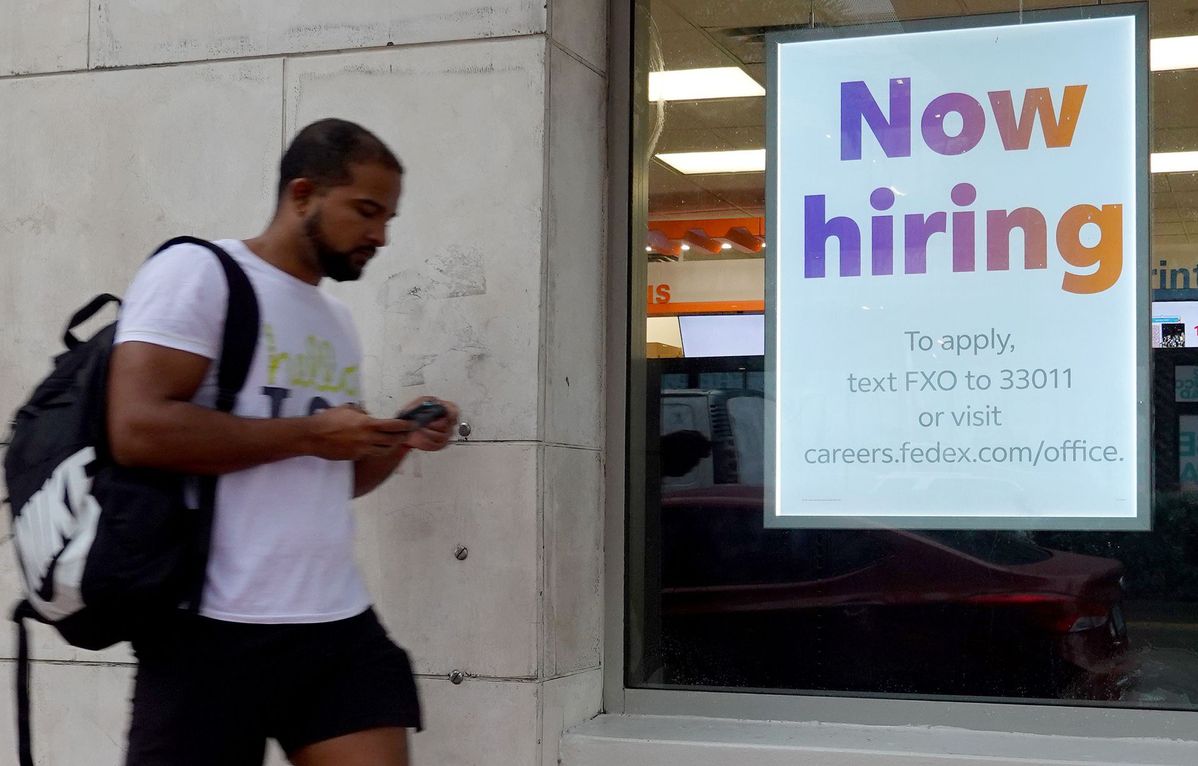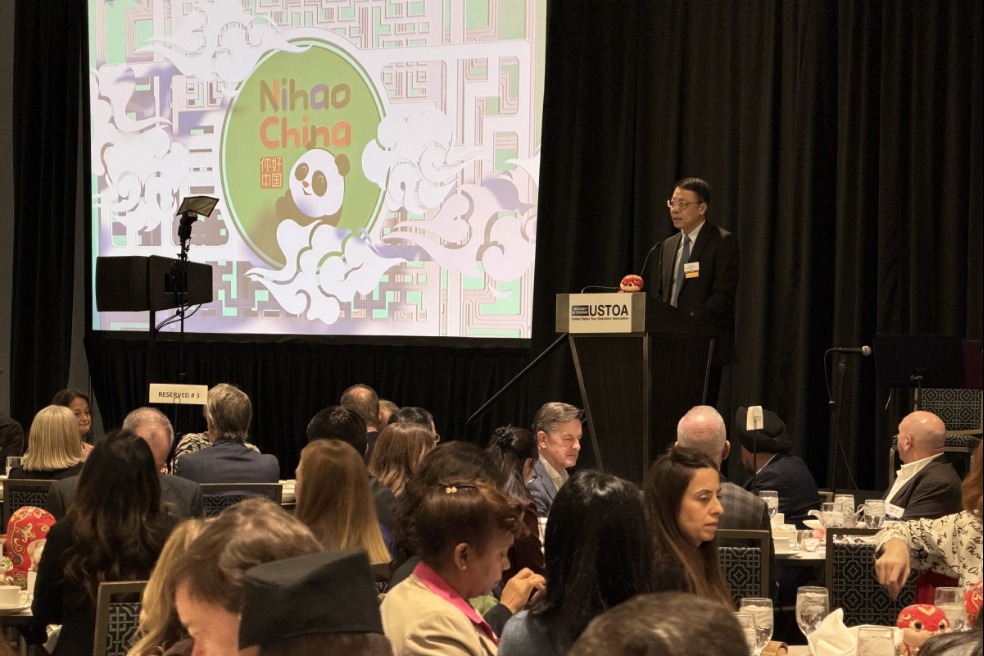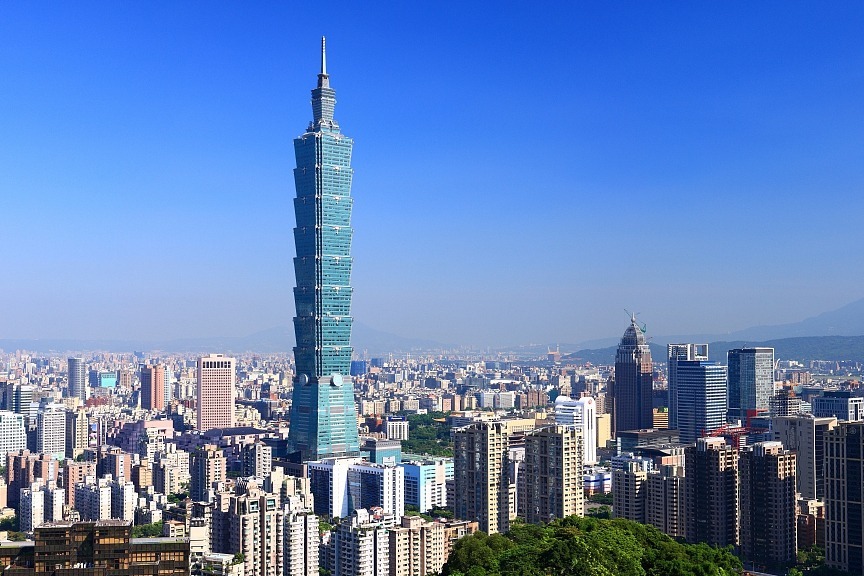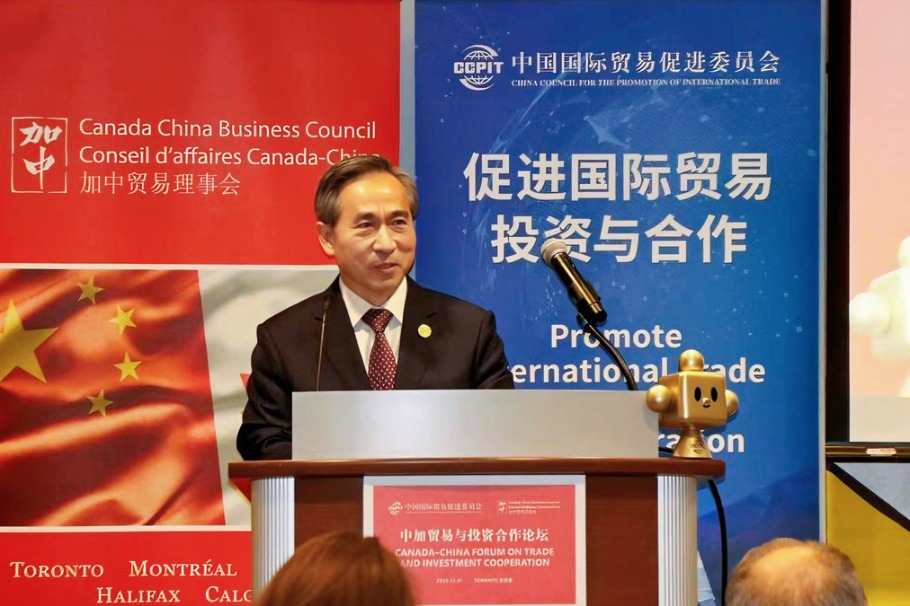US catch-up bid for talent falls short


Biden must go further in policies to lure foreign students, experts say
The administration of US President Joe Biden has announced a series of policy changes aimed at retaining foreign students in the fields of science, technology, engineering and math, collectively known as STEM. While welcoming the changes, experts said the government needs to do more to attract and retain foreigners studying in these economically important spheres.
The policies include identifying 22 new fields of study eligible for the STEM optional practical training program, which allows international students in STEM fields to work in the US for three years after they graduate while remaining on a student visa known as F-1. The program allows only a year for non-STEM students.
The expansion covers a range of fields, including cloud computing, data analytics, economics and computer science, geobiology, geography and environmental studies, financial analytics, and industrial and organizational psychology.
The administration also announced new rules for students on J-1 exchange visitor visas. The change will allow undergraduate and graduate students in STEM fields on J-1 visas to participate in academic training for three years, an increase from 18 months.
"The changes to Optional Practical Training and J-1 visas will strengthen American universities and employers by giving them greater access to top international STEM professionals and students," Peter Leroe-Munoz, general counsel and senior vice-president of innovation and technology at Silicon Valley Leadership Group, told China Daily.
Higher-education and business advocates have long been calling for the government to ease the path for international students and researchers in the STEM areas to work in the US. They said the visa restrictions imposed by the administration of Biden's predecessor, Donald Trump, have endangered the country's innovation edge.
"Biden's recent move is a welcome start, but far more needs to be done. The China Initiative remains a serious challenge, as well as Proclamation 10043," Jenny Lee, professor and dean's fellow for the Internationalization Center for the Study of Higher Education at the University of Arizona, told China Daily.
Challenge remains
The so-called China Initiative was a program launched by the Justice Department in 2018 to counter perceived national security threats; it has resulted in the prosecutions of academics with Chinese backgrounds.
In 2020, Trump issued an order known as Proclamation 10043 that bars entry to the US for Chinese students in certain areas. The proclamation remains in place.
It could be used to block up to 5,000 students, or roughly one-quarter of all Chinese STEM graduates, who would otherwise have headed to the US each year, according to Georgetown University's Center for Security and Emerging Technology.
"Restrictions on Chinese students based simply on their country of origin and university of study is morally wrong and bad policy. Presumption of innocence is fundamental to American due process and should be applied to those wishing to study and work here," said Leroe-Munoz.
"Foreign students and workers from around the world contribute to America's innovation and economy. The Trump-era restrictions disincentivize tech students and professionals from bringing their talents to our country."
Lee led a survey last year that found the government's crackdown on Chinese students and researchers has caused a chilling effect on US scientists.
"Chinese students actually support US innovation," Lee said, adding that there is no clear evidence to suggest that Chinese students pose a serious threat to US innovation.
































